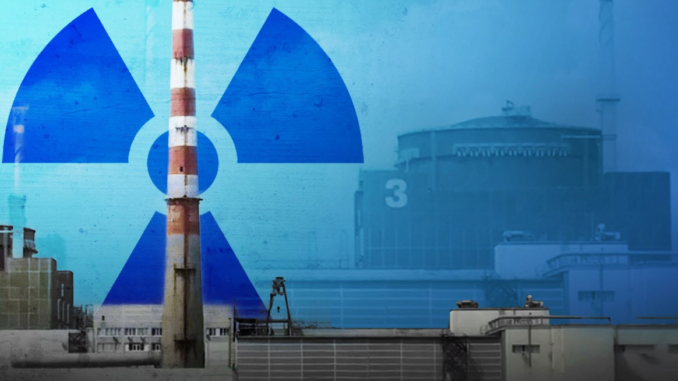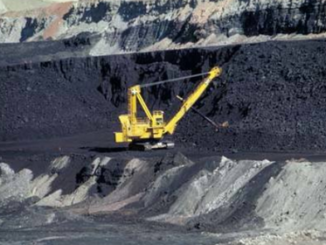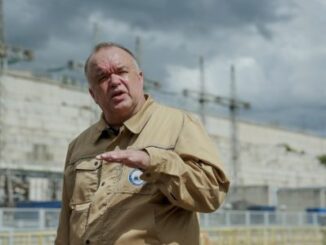
ENB Pub Note, This is from Doug Sheridan, author, and commentary on LinkedIn. Excellent points and it would be worth looking into carbon capture technology and the economics of capturing uranium and thorium in coal production.
Holman Jenkins writes in the WSJ, the climate crowd is rethinking its opposition to nuclear power. At the same time, the rethink could be derailed if events at the Zaporizhzhia nuclear plant in Ukraine poison the burgeoning pro-nuclear mood.
So let’s examine some facts in the meantime. plants are est’d to emit 5,000 tons of uranium and 15,000 tons of thorium a year, about 100x the radiation that escapes from the world’s 440 nuclear reactors. If coal plants had to follow the same rules as nuclear plants or even hospital radiation labs, we’d have no coal plants. The rules deliberately exaggerate health risks from low-level radiation while requiring certain facilities (but not others) to spare no expense in reducing exposures.
One consequence, after the contained meltdown of three Japanese reactors in 2011, no deaths from radiation exposure were recorded. Yet a minimum of 32 deaths and as many as 2,000 were attributed to the forced evacuation of 150,000 people against an exposure risk equivalent to about a CT scan. Even more absurd, the underlying risk standard that produced this result was known to lack scientific backing.
But political agencies aren’t going to be caught relaxing a nuclear safety standard as long the first thing Americans think of is three-eyed fish in nuclear plant retention ponds. The Energy Intelligence Group notes, “People are afraid of [nuclear] and this is justified by nearly everything they have heard about it since they were born.”
Then there’s Chernobyl, a plant so badly designed it produced an uncontained meltdown without outside assistance. Yet the thousands of cancer deaths expected from Chernobyl based on low-level radiation risk haven’t materialized, including lung cancer and leukemia deaths. The recognized death toll consists of 60 from acute radiation exposure, plus a likely 50 or so from preventable and often curable thyroid cancer—from among millions exposed as children to radioactive iodine-131.
In all likelihood, nuclear power will grow in coming decades but not enough to assuage climate fears. Understandably, in the event of an accident, if thousands of neighbors know they might be forcibly displaced against the risk of a CT scan, the number of plants that can surmount local opposition will be limited.
To Sum It Up: Events seem to have conspired against nuclear. If there were any chance of reducing long-term CO2 emissions, nuclear was the key. But a risk standard that once seemed exemplary, erring on the side of caution even if lacking in scientific rigor, has proved itself a source of risk. Many say “follow the science” but it will take many more years to turn around Western politics on nuclear power.
Recommend following Doug on his LinkedIn here.



